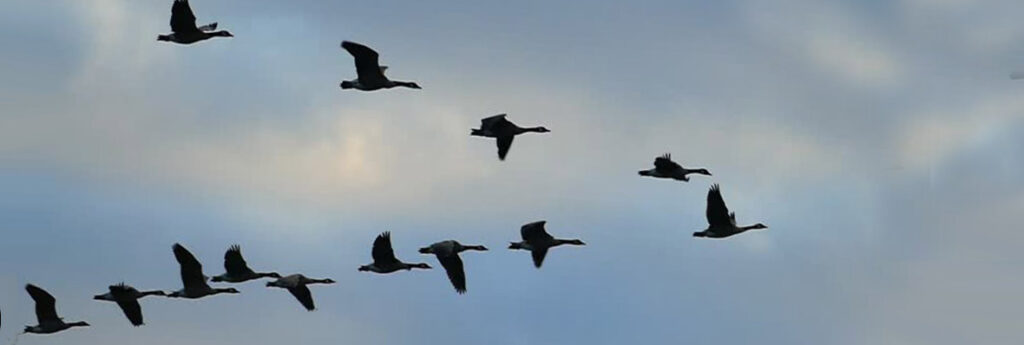Margi Cameron, of Georgetown Royalty, has been travelling to Pasco County, Florida each winter for the past 29 years. She’s hoping this year, travel restrictions and the status of COVID-19 won’t force a break in that trend.
“It was in the fine print of the wedding certificate; we would build a house and raise the kids then sell the house, build a cottage here and spend the winters in Florida. And that’s just what we did,” Cameron said. (Her husband Glen died in 2017)
Cameron’s residence on PEI isn’t completely winterized and road access isn’t usually maintained during the winter.
Canada and the United States have agreed to extend the land border restriction on all non-essential travel until October 21.
This is just about the time of year Cameron migrates south.
The restriction means travel for tourism purposes will not be permitted at any Canada-US land border but travel by air is still permitted. The Canadian Association of Snowbirds expects this closure may extend into 2021.
Cameron is weighing her options. She will wait awhile longer to see if restrictions are lifted but she might opt for a flight if it’s the only possible way to travel to her home away from home.
She will also factor in the status of COVID-19 in her destination.
“Florida is a long state, it’s quite populous in the big cities like Miami and the beaches are causing a problem. But my community isn’t in a big city and I’m not at the big beaches.”
In the seven days leading up to October 1 there were 340 cases of COVID-19 in Pasco County. That’s about 60 cases per 100,000 people. The county is about half the size of PEI and is about three times as populated.
Cameron said her community in the south seems to have formed a bit of a bubble of its own. Her neighbours have reported that no one has contracted the virus.
Nonetheless she intends to be extra cautious this year if she does cross the border.
“I’ll do it the Island way,” she said referring to self-isolating for 14 days. She will also social distance, mask when appropriate and reduce her social interactions.
“I hope to go,” Cameron said.
Ronald Steeves is the Atlantic Canadian board member of the Canadian Snowbird Association.
Steeves said there are about 5,000 Snowbirds in PEI and about 1,500 are association members.
He has heard some Islanders are planning to stay on PEI this winter, others haven’t decided and are monitoring the situation and others are determined to go, “come hell or high water.”
Non-essential travel outside the Atlantic Bubble is currently not advised by the PEI Chief Public Health Office and non-essential international travel is not advised by the Canadian federal government.
In a public statement Global Affairs Canada noted, Canadian international travellers may suddenly face reduced travel options, strict movement restrictions and quarantines at designated facilities and at their own cost.
Consular sources may be limited and the federal government has no plans to offer repatriation flights as they did in early spring.
While some insurance policies will cover medical and travel expenses despite the pandemic, others may not based on specific terms, conditions, limitations, exclusions and requirements.
Nancy and Art Bouchard of Georgetown are in a situation similar to Cameron.
If they have to stay on PEI for the winter they will need to find winter-appropriate accommodations such as a rental unit.
“If the borders open, we’ll go,” Nancy Bouchard said, adding flying seems to be the least safe travel option. For this reason they would prefer to drive and avoid close proximity with other travellers.
Like Cameron, Bouchard is reassured by the status of the virus in the area and park where she stays as reported by neighbours.
Both expect the experience will be different this year should they arrive in the sun belt.
Activities such as the annual PEI Picnic Day Bouchard helps organize at Fort De Soto Park will be cancelled.
Still, they are all hopeful conditions will be favourable and allow them to make their yearly journey.
“If we’re living in a bubble here, my husband and I were saying, we can live in a bubble there,” Nancy Bouchard said.

